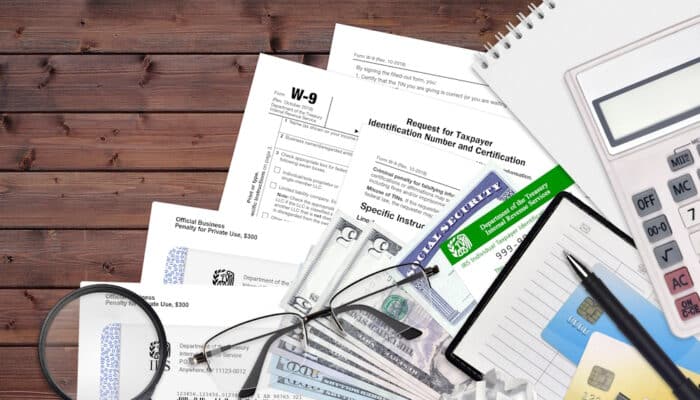Estate planning is an ongoing process that requires regular review to ensure one’s wishes are honored, and their assets are protected. However, during an election year, this becomes even more crucial. With the upcoming elections in November, changes in tax policies, healthcare systems, and estate regulations could significantly affect an estate plan. The following is why it is essential to update an estate plan in these times and how a Florida resident can stay ahead of the curve.
Potential Shifts in Tax Legislation
Election years often bring promises of tax reforms. Depending on the outcome, these changes can impact estate taxes, capital gains taxes, and income taxes, directly affecting an individual’s estate plan. For example, a new administration may increase estate tax exemptions or, conversely, decrease them. Understanding these potential shifts can help a Florida resident proactively adjust their estate plan, ensuring they maximize their tax benefits and protect their heirs and/or beneficiaries from unforeseen liabilities.
Impact on Health Care Provisions
Election outcomes can lead to significant changes in the healthcare system, which can affect one’s estate plan, especially if they have provisions for long-term care or medical expenses. Changes in Medicare or Medicaid policies, for example, could influence how one plans for future healthcare costs. Updating an estate plan to reflect these changes ensures a person’s healthcare directives and financial preparations remain effective.
Revisions in Estate Laws
Election results can bring changes in estate laws at both the federal and state levels. These modifications may affect probate processes, trust regulations, or beneficiary guidelines or rules. Staying informed about these changes and adjusting one’s estate plan accordingly can help a person avoid legal complications and ensure a smooth transfer of assets to their beneficiaries.
What to Do with An Estate Plan During an Election Year
Review and Revise Regularly
During an election year, it is vital to review one’s estate plan more frequently. Examine the current plan and identify areas that could be affected by potential legislative changes. This proactive approach allows a Florida resident to make necessary adjustments before any new laws take effect.
Seek Professional Advice
Consulting with an estate planning professional can provide valuable insights into how upcoming elections might impact an existing estate plan. Experienced professionals can help a person navigate complex legal and tax landscapes, ensuring one’s plan remains robust and compliant with any new regulations.
Stay Informed and Flexible
Keeping informed about political developments and proposed changes can help everyone anticipate and respond to new challenges. Maintaining flexibility in an estate plan allows an individual to make timely adjustments, safeguard their assets, and ensure their wishes are met.
Everything Can Change, Except An Experienced Estate Planning Attorney’s Support
An experienced Estate Planning attorney will understand the importance of keeping an estate plan up-to-date, especially during times of political change and will help a person navigate these complexities and ensure an estate plan remains effective and aligned with the specific individual’s goals.
The foregoing is a brief and general overview of the topic. If you have any additional Questions regarding the foregoing or have any legal issue or concern, please contact the law firm of CASERTA & SPIRITI in Miami Lakes, Florida.










